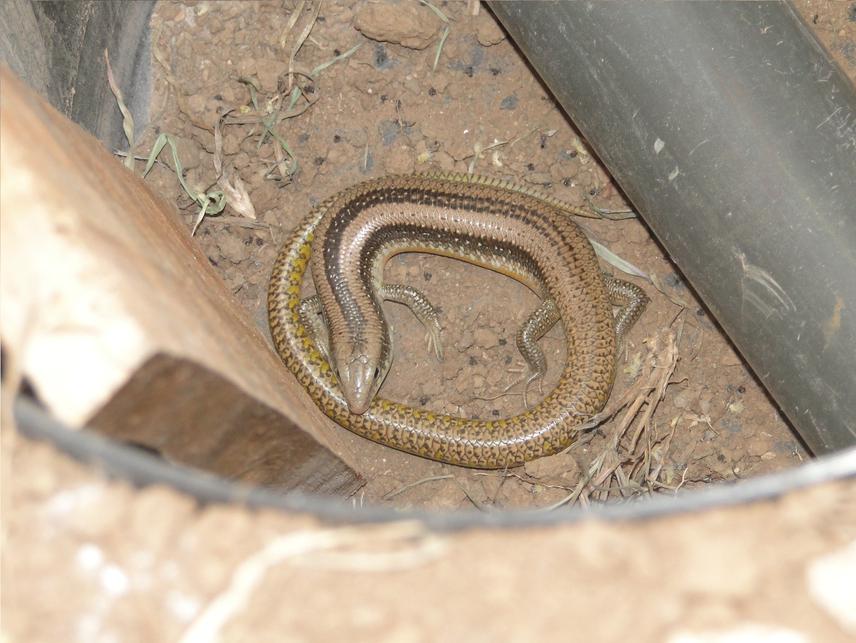Sara Balouch
Agriculture is the greatest threat to terrestrial reptiles worldwide, affecting 74% of species assessed. Lack of data on reptile diversity in the agriculture landscapes of Pakistan requires immediate attention to understand their population statuses and contribution towards ecosystem services. We aim to evaluate the risks associated with agricultural intensification for reptiles in Chakwal District, Pakistan. This will investigate the differences in reptile communities between natural forest and farmed areas and the response of reptiles to different farming practices (manual labour and mechanised farming). We will transform the knowledge from our discoveries into local action through a series of workshops.

The lack of published literature and data on reptile diversity in the agriculture landscapes of Pakistan requires immediate attention to understand their population statuses and contribution towards ecosystem services. The knowledge gap of how reptiles respond to disturbance in agricultural landscapes is a significant barrier to their conservation. This study aims to quantify the response of reptiles to harvesting of crops, and how this varies between two management types (manual labour and mechanised farming). We will also establish the role of natural forest areas for supporting reptile communities in adjacent farmed areas. Increased knowledge of how reptiles respond to agricultural development will also support conservation efforts in a wider range of ecosystems currently facing habitat degradation caused by landscape changes.
This study will generate new data on how animals are being affected by low and high intensity agriculture and thus can formulate predictions about the trajectory of reptile communities under different patterns of agricultural development. The proposed study will have an applied focus, aiming to provide recommendations on how to reduce the negative impact of agriculture on reptiles. We will determine if there are specific habitat structures that can be preserved within these agricultural areas to aid species conservation. The positive conservation results to be achieved from the proposed study will help in building collaboration and knowledge transfer between Australia and Pakistan to help deliver effective conservation outcomes. We will actively engage with local communities by providing training in research techniques to young Pakistani university students. This project will be achieved through established collaborations with the PMAS-Arid Agriculture University Pakistan and WWF Pakistan.